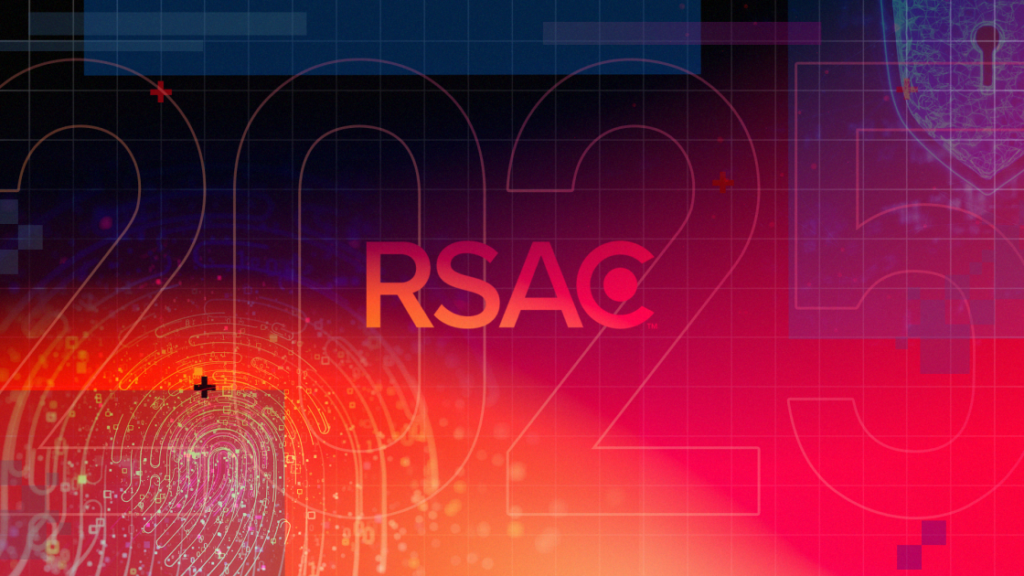The RSAC Conference, now in its 34th year, began as an initiative of RSA Cybersecurity. In 2022, it amicably separated from the RSA company. This year, its organizers have transitioned into the RSA Community, offering memberships and year-round engagement activities. Regardless of the name, it remains the largest cybersecurity conference globally. Last year’s edition attracted over 41,000 participants, 650 speakers, 600 exhibitors, and 400 press representatives, as per RSAC. PCMag will be attending the conference during the week of April 28, providing insights on intriguing event highlights.
Artificial Intelligence: Can’t Live With It, Can’t Uninvent It
The conference is buzzing with discussions around AI. Key topics include whether we can safely delegate important tasks to AI applications that operate independently and how to authenticate non-human entities like AI bots and IoT devices. Cybersecurity specialist Bruce Schneier will deliver a keynote emphasizing two essential aspects of fostering trust in AI: implementing policy safeguards to ensure accurate and appropriate AI responses and defending against external threats that could compromise these systems.
Generative AI technologies depend heavily on extensive input data for effective performance. Past presentations at RSAC have highlighted how particular prompts can elicit responses that violate an AI’s internal guidelines. Furthermore, manipulating input data for the large language models (LLM) driving such AIs can disrupt their outputs. Attendees will have the opportunity to witness an offsite demonstration of LLM poisoning, which manipulates model responses through compromised data inputs.
How Can Seniors Stay Safe Online?
As the older population increasingly interacts with the online world—from medical appointments to grandchild videos—they face growing risks from online fraudsters. Kerry Tomlinson, with a background in TV news and investigative journalism, is dedicated to equipping vulnerable seniors with strategies to enhance their online safety. She will present her findings in a dedicated session during the conference, aiming to educate this demographic on safeguarding their online presence.
Beef Up Your Scam Prevention Efforts
Scammers do not solely target seniors; anyone can be susceptible, including cybersecurity professionals. During the RSAC Conference, attendees will gain insights on how to better defend themselves and their communities against scams, led by Ayelet Biger-Levin, CEO of RangersAI, which specializes in scam-prevention tools. She will share strategies to identify online scams by leveraging data-driven approaches.
The New World Wide Web Is All About Your Privacy
Although Vint Cerf is hailed as the father of the internet, it was Sir Tim Berners-Lee who invented the World Wide Web. Now, Berners-Lee is advocating for an evolved web concept called Solid, which prioritizes personal data control. In collaboration with security expert Bruce Schneier and other specialists, his new initiative, Inrupt, seeks to transform the web into a secure platform for decentralized data exchange. We will have a one-on-one discussion with Schneier about this campaign at the conference.
DARPA’s AI Cyber Challenge Experience
Regardless of general opinions on government organizations, DARPA (Defense Advanced Research Projects Agency) has played a pivotal role in technology advancements, notably developing ARPANET—the predecessor of the internet. Currently, DARPA is hosting the AIxCC (Artificial Intelligence Cyber Challenge), a two-year initiative culminating at the DEF CON conference this summer. To present this complex competition in a more relatable manner, DARPA will offer an AIxCC Experience at the RSAC Conference, wherein we will take part in an exclusive press walkthrough.



